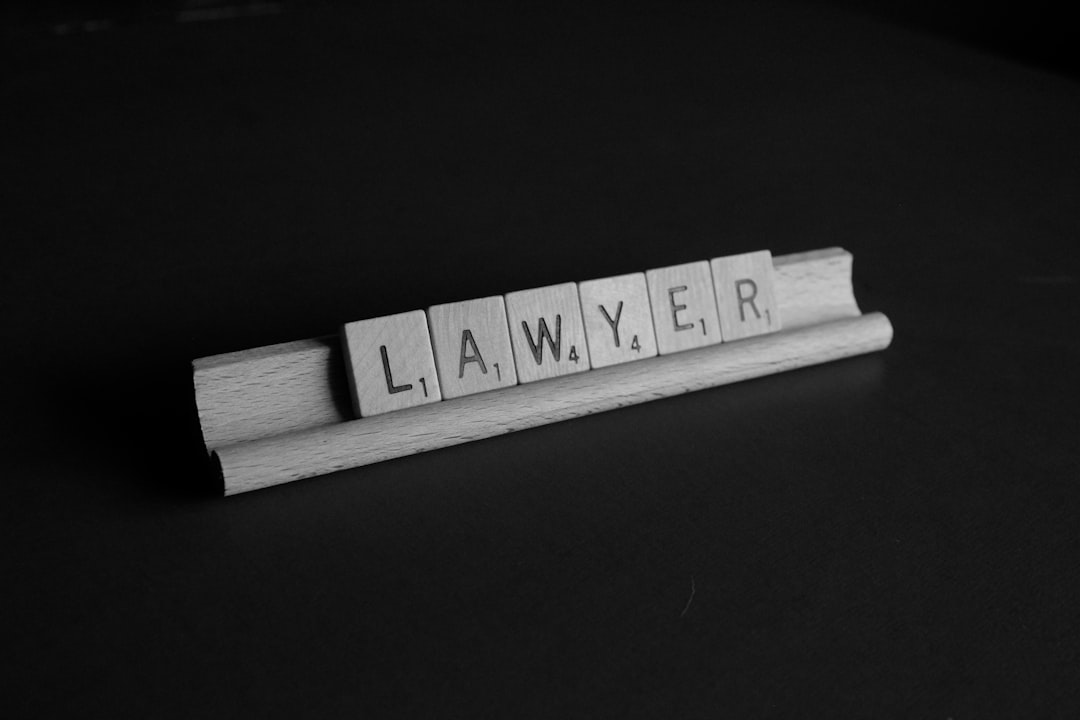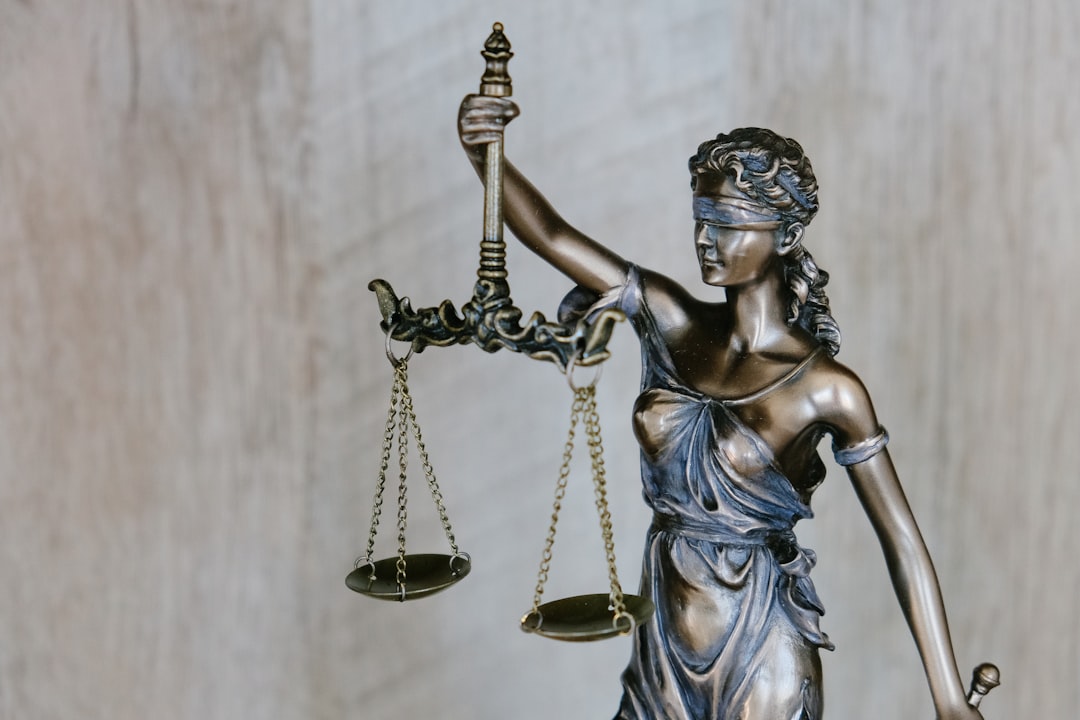Sexual assault laws in Connecticut strictly protect victims and hold perpetrators accountable, defining non-consensual contact as illegal. Sexual assault law firms specialize in gathering evidence including medical records, forensic reports, witness testimonies, digital forensics, and detailed accounts to build strong cases. In Waterbury, these firms navigate complex procedures, ensuring victims' voices are heard and rights protected through strategic presentation of compelling evidence, leading to potential favorable outcomes.
In Waterbury, Connecticut, proving sexual assault requires robust and compelling evidence. This article delves into the legal landscape, guiding survivors and advocates through the essential elements needed to secure convictions. From understanding state laws to effective evidence collection, we explore strategies for success. Additionally, we highlight the pivotal role that specialized sexual assault law firms play in supporting victims and navigating complex legal procedures in Connecticut.
Understanding Sexual Assault Laws in Connecticut

In Connecticut, sexual assault laws are designed to protect victims and hold perpetrators accountable. According to state laws, sexual assault is defined as any form of non-consensual sexual contact, including penetration or attempted penetration with any part of a person’s body or any object. It’s crucial to understand that consent must be freely given, specific, informed, and enthusiastic for any sexual activity to be legal. Any act without this consent can constitute sexual assault.
Sexual assault law firms in Connecticut play a vital role in guiding victims through the complex legal process. These firms specialize in gathering evidence, navigating criminal proceedings, and advocating for their clients’ rights. Evidence required to prove sexual assault typically includes medical records detailing injuries or examinations, forensic reports of any bodily fluids or DNA evidence, witness testimonies, and digital forensics related to communication or images that may serve as proof. Furthermore, the accuser’s detailed account of events leading up to and during the incident is also considered substantial evidence in Connecticut courts.
Gathering and Presenting Evidence Effectively

When pursuing a case involving sexual assault in Waterbury, Connecticut, gathering and presenting compelling evidence is paramount to securing justice. This process requires meticulous attention to detail and a strategic approach. Legal professionals specializing in sexual assault cases play a crucial role in helping survivors navigate this complex landscape.
Effective evidence collection involves documenting everything from medical records detailing injuries or examinations, to any physical evidence like DNA samples or clothing with stains. Testimonials from witnesses, friends, or family can also be powerful tools. These steps are essential for building a strong case that aligns with the strict standards of sexual assault law firms in Connecticut. Proper presentation ensures that the evidence is not only relevant but persuasively communicated to judges and juries, potentially leading to favorable outcomes for victims seeking justice.
The Role of Sexual Assault Law Firms in Waterbury Cases

In cases of sexual assault, victims often turn to experienced legal professionals who specialize in such sensitive matters. Sexual assault law firms in Connecticut play a pivotal role in advocating for victims’ rights and ensuring they receive justice. These specialized firms understand the intricate nature of sexual assault cases and possess the expertise needed to navigate complex legal procedures.
When a sexual assault occurs, it’s not just about presenting physical evidence; it involves building a compelling narrative that can stand up in court. Sexual assault law firms in Waterbury, Connecticut, offer invaluable support by gathering and interpreting various forms of evidence, including medical records, witness statements, and digital forensics. They guide victims through the legal process, ensuring their voices are heard and their rights are protected throughout the entire case.






